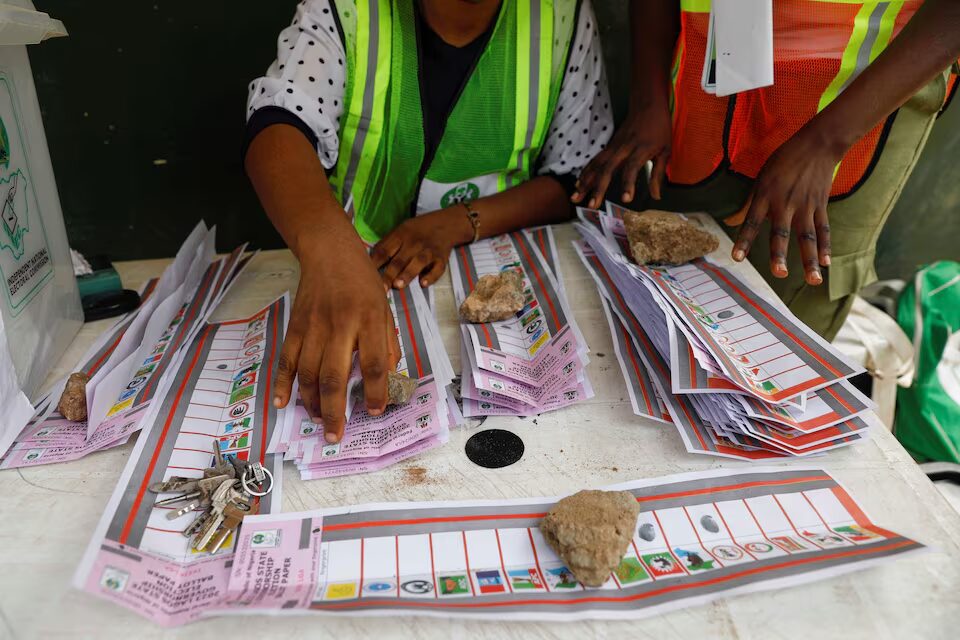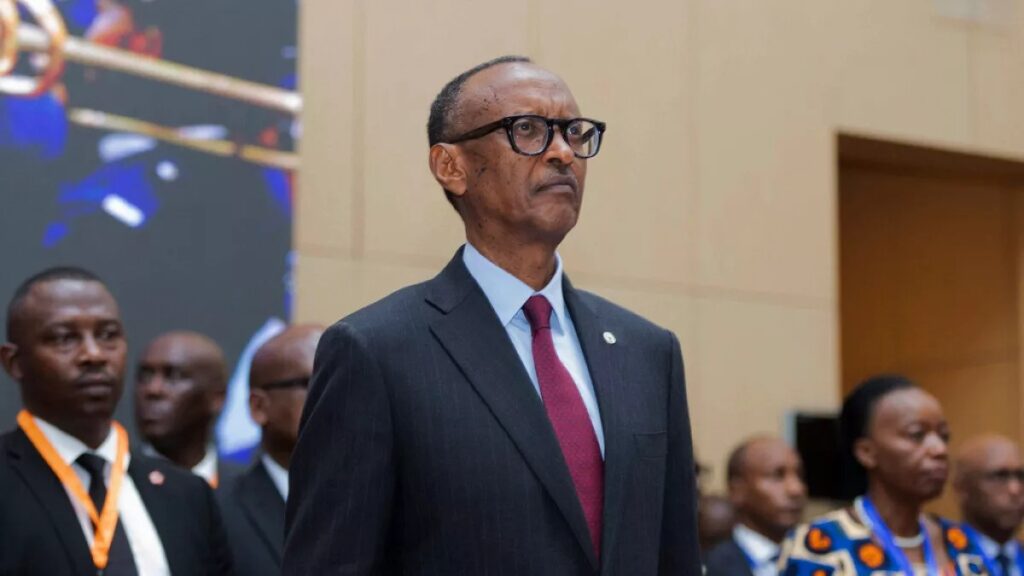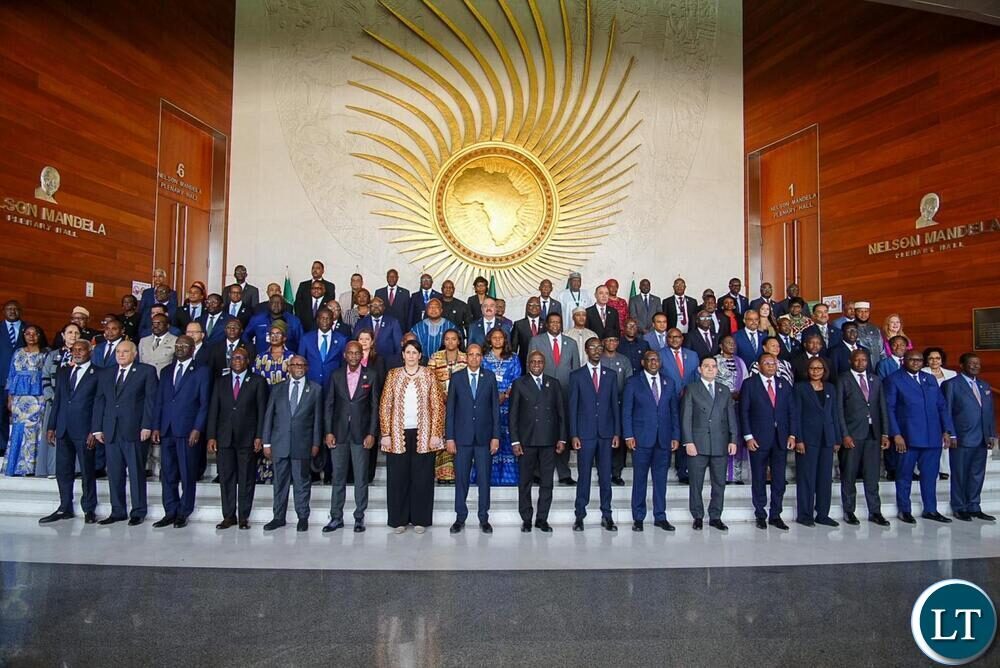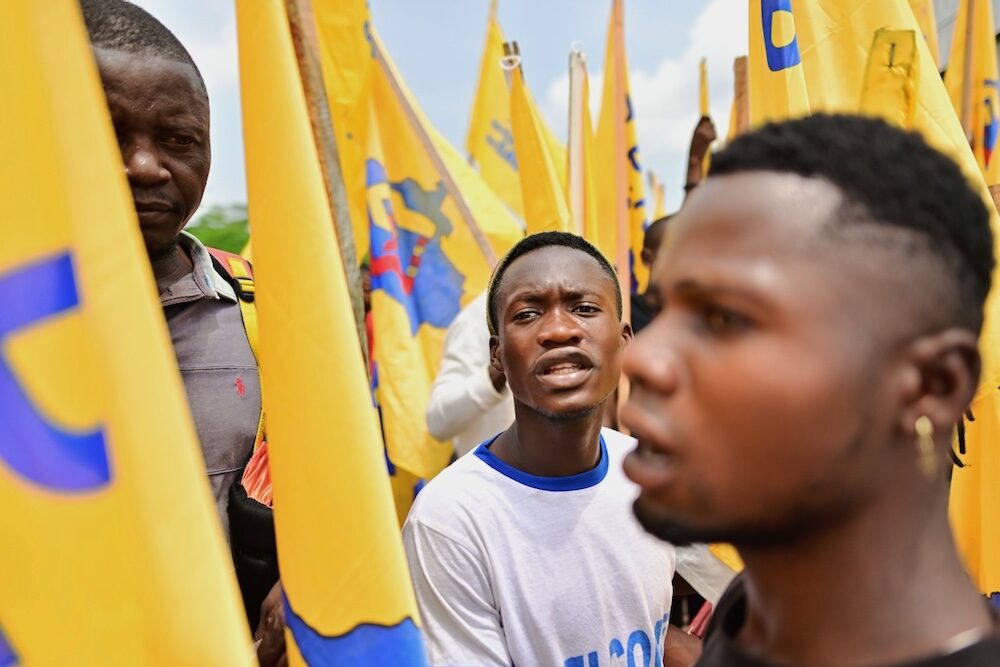
Wednesday 16th April 2025

By inAfrika Reporter
In a significant move reflecting growing tensions with its former colonial ruler, Rwanda has directed the École Belge de Kigali to halt its Belgian-curriculum program by September 2025. The directive was issued by the Ministry of Education, following a broader policy shift by the Rwandan government to sever all remaining formal cooperation with Belgian entities, including those in education and civil society.
The decision stems from a March announcement by the Rwandan government to formally cut diplomatic ties with Belgium. That move was followed by a notice from the Rwanda Governance Board banning all local NGOs and educational institutions from partnering with Belgian organizations. The Ministry’s order to the Belgian school marks a continuation of this policy, with officials stating the need to uphold national sovereignty and dignity as key motivations.
École Belge de Kigali, which has served both Rwandan nationals and international families for years, now faces the task of phasing out its Belgian curriculum within a single academic year. School administrators, surprised by the decision, acknowledged the substantial impact on students and local staff. While expressing disappointment, they confirmed their intent to comply with the government’s directive and explore alternative curricula, such as the French or international systems.
The closure represents one of the most tangible outcomes of the deteriorating diplomatic relationship between Rwanda and Belgium. In 2024, Rwanda had already shut down Belgium’s official language and cultural center, and the latest education-related measure further narrows Belgian influence in the country. The government’s stance appears to be driven by a combination of longstanding historical grievances and growing frustration over Belgium’s recent criticisms on Rwanda’s human rights record.
This move is part of a broader trend in Rwanda’s foreign policy. As criticism from Western countries has increased, particularly on matters of governance and political freedoms, Rwanda has deepened relations with non-Western partners, including countries in Asia and the Middle East. Cutting educational ties with Belgium sends a clear message that Kigali is willing to challenge former colonial powers and chart an independent course across multiple sectors.
For families relying on the École Belge for quality education, the sudden transition may bring uncertainty. Parents must now seek alternative schools that offer a similar international standard, while students risk disruption to their learning paths. On a broader scale, Rwanda’s action may serve as a signal to neighboring countries also reassessing their relationships with European governments. It highlights a rising sentiment among African states to reclaim autonomy in areas long influenced by foreign powers.
As Rwanda reorients its partnerships and policies, the ripple effects will be felt not only in classrooms but in its broader global stance. The country’s leadership appears committed to reshaping its narrative one where sovereignty and strategic alignment outweigh old ties and inherited traditions.


